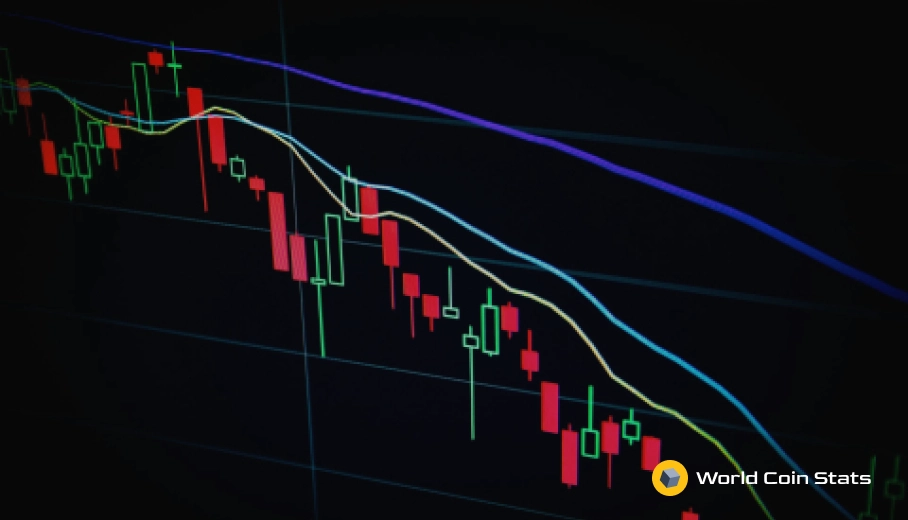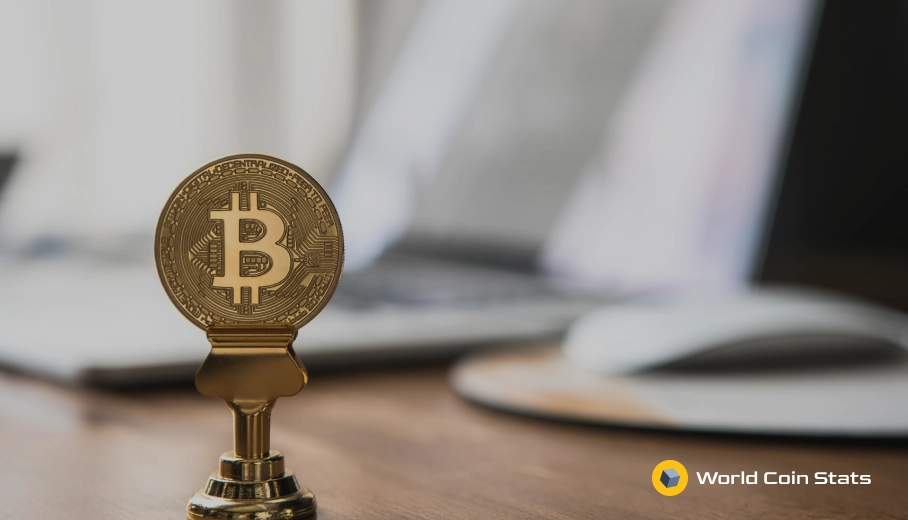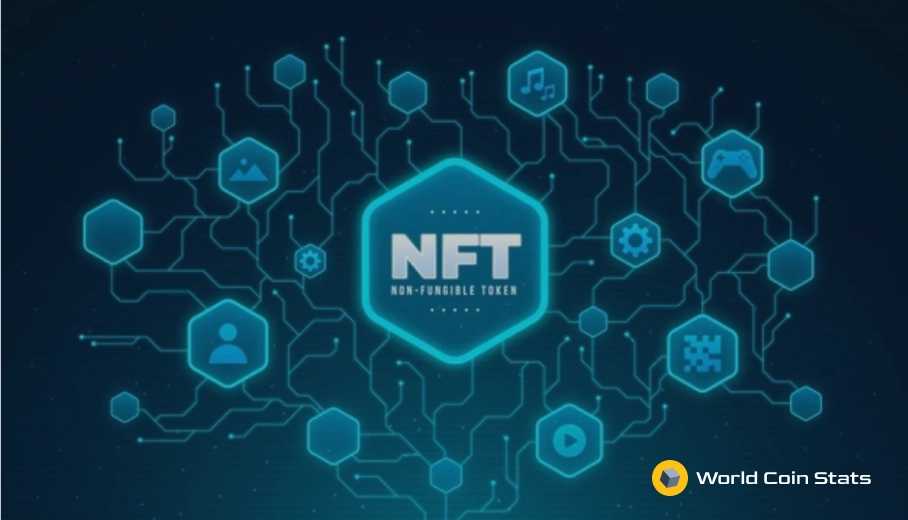Thailand Plans to Amend Its Regulatory Agenda by 2020
BANGKOK, Thailand – Thailand aims to change the Royal Decree from their prior activities of cryptocurrency assets. This adjustment should permit the country to adapt to the industry of cryptocurrency.
As per Bangkokpost, the Thai Stock Exchange Office (SEC) is reviewing the present regulatory agenda, which was implemented in 2018, to know if it doesn’t delay the growth of virtual asset exchange. Also, it’s to determine if it’s still suitable in Thailand.
China confirmed its backing for blockchain technology while Thailand is planning to amend its current laws to include the virtual asset segment in this country’s economy.
According to a dependable source, it was exposed that Thailand’s Securities and Exchange Commission is changing the rules leading the cryptocurrency asset activities in the year 2020. The core idea is to enable the growth of the activities of these assets in the country. Also, this idea is to secure these actions from risks.
As per the announcement of the amendments of the Royal Decree, the Thai SEC will check if current cryptographic regulations have shadow sectors, which could hamper the development of cryptocurrency asset deeds.
According to the secretary-general of SEC, Ruenvadee Suwanmongkol, they need to discover all probable obstacles. He stated that the controller should be flexible in imposing the guideline, and it should be following with the market situation
Ruenvadee set an example, wherein he mentioned that decrees should meet the needs of the market. Thailand’s laws shouldn’t be outdated, especially for new virtual assets, and these should be competitive with the international market.
In May 2018, Thailand adopted the rules on cryptocurrency asset doings, and it includes four types of secondary mediators like cryptographic trades, token portal benefactors, and brokerage companies. The preset decree needs trades and brokers to get a license from the Ministry of Finance of the country. Furthermore, Icos should acquire consent from the SEC before starting on operations.
As per Ruenvadee, the regulation aims to secure depositors from fraud risks. It also plans to protect users from deception by money laundering, and dishonest people. Moreover, it protects users from the misuse of digital assets to ease illegal financial dealings. Also, it guarantees the clearness of regulation to enable valid asset utilization.
Thai SEC’s decision to change the exchange laws prevailing cryptographic assets is a phase in moving toward the right way to substitute the digital industry’s process. This country depended on China due to the political route.
Now, five local schemes were licensed to provide cryptocurrency exchange, yet only two are active. The rest closed their companies, or they didn’t unveil their service yet.




